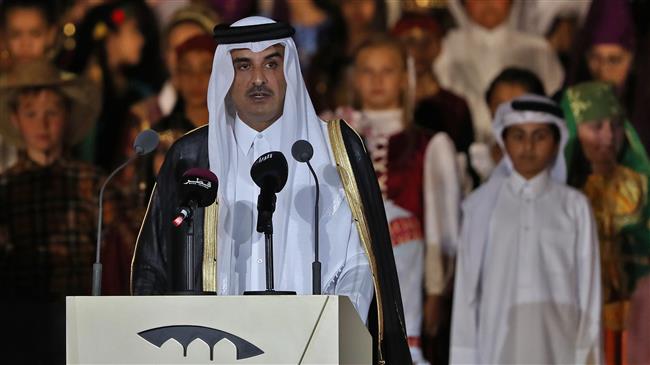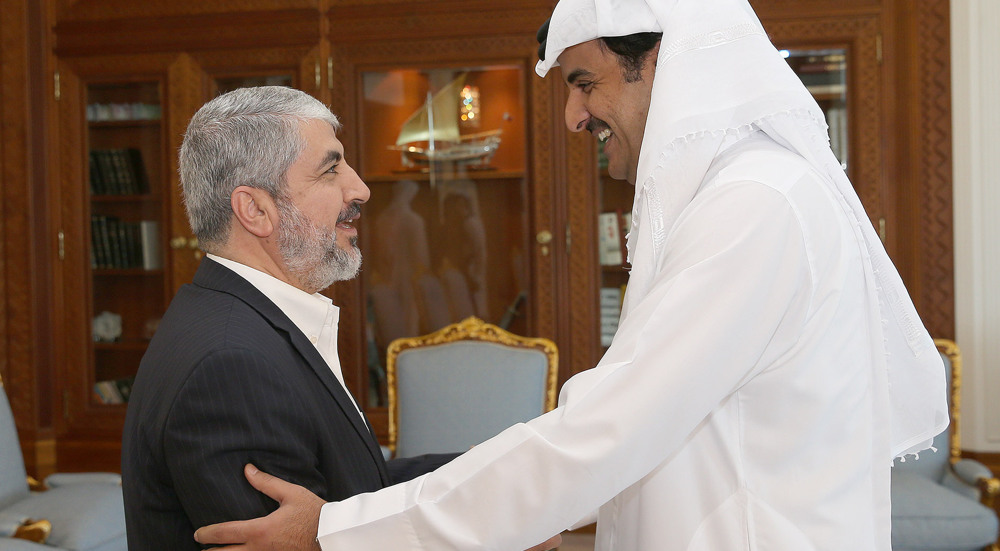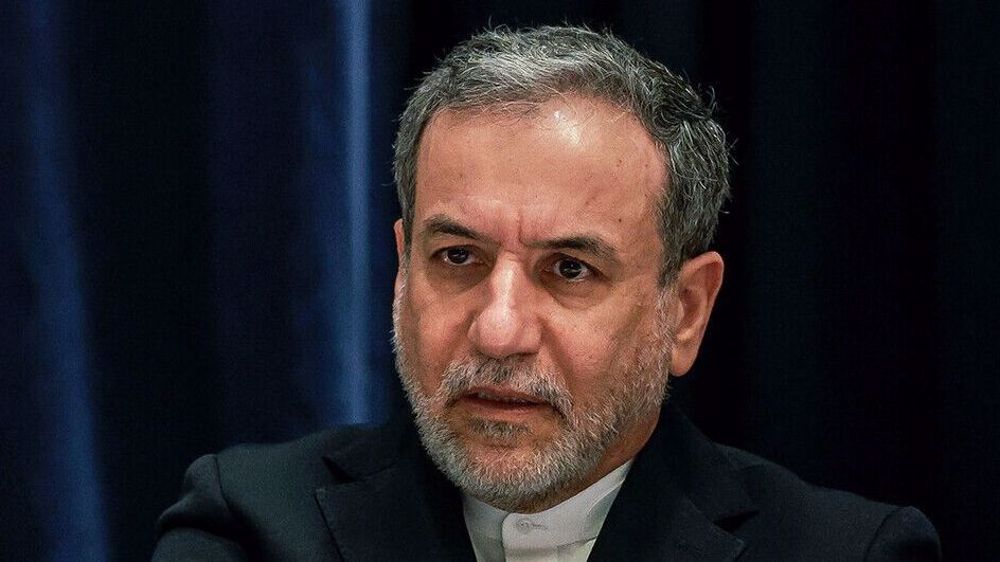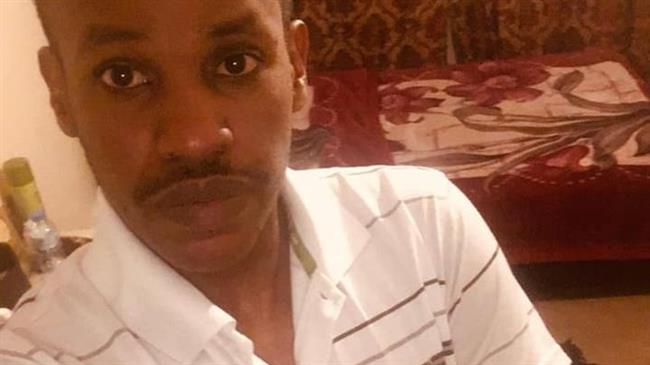Qatar has overcome Saudi-led embargo, emir says
Qatari Emir Sheikh Tamim bin Hamad Al Thani says his country has overcome the Saudi-led economic blockade and achieved high economic goals.
Addressing the Shura Council, which advises the Qatari ruler on draft laws, Sheikh Tamim said on Tuesday that Qatar had overcome the “negative impacts” of the regional embargo.
“As a result of the efforts to cut expenditure and increase efficiency, the big budget deficit in 2017 was turned into a surplus,” the Qatari emir said. “We have been able to restore the state reserves to levels higher than the pre-blockade levels.”
Saudi Arabia, the United Arab Emirates, Egypt, and the tiny country of Bahrain cut off diplomatic ties with Doha and imposed an air, land, and sea blockade on Qatar in 2017, after officially accusing the country of “sponsoring terrorism.” Doha denies the allegation.
The quartet urged the Qatari government to comply with a list of demands that included severing ties with Iran and closing a Turkish military base in Qatar or face sanctions. Doha flatly rejected the demands and said it was being targeted because of the independent policies that it pursued.
Qatar recorded a 15.08-billion-riyal (4.14-billion-dollar) budget surplus in 2018 after it reported a 39.99-billion riyal deficit in 2017, the first year of the blockade.
Sheikh Tamim also said that gross domestic product at current prices had increased by 15 percent last year.
The International Monetary Fund (IMF) has put Qatar’s nominal GDP growth for 2018 at 1.5 percent, with 2.0 percent estimated for 2019.
In his speech, Qatar’s emir also announced that preparations for Council elections would be accomplished by 2022.
He did not set a date for the elections, but a timetable for preparations suggested they could be held before the 2022 World Cup, which is scheduled to take place in Qatar in November-December of that year.
The prime minister will “propose a timetable for the election of members of the Council, and the date of elections will be announced once the (planning) committee is finished,” the emir said.
The elections to the Shura Council, required under the state’s constitution, which was issued in 2004, have been delayed several times, and its members have instead been directly appointed by the emir.
US vetoing of Gaza ceasefire resolution ‘disgraceful’: Iran’s UN envoy
VIDEO | IAEA adopts anti-Iran resolution tabled by E3
VIDEO | Iran's president urges Pope to help end Israel's onslaught in Gaza
Iran's senior legal official: ICC arrest warrant for Netanyahu ‘great victory'
Nov. 21: ‘Axis of Resistance’ operations against Israeli occupation
VIDEO | Israeli forces storm West Bank’s Jenin again, target civilians
Iran activates advanced centrifuges after IAEA's 'unjust' resolution
VIDEO | Press TV's news headlines
















 This makes it easy to access the Press TV website
This makes it easy to access the Press TV website